At Flex Tech, we believe to do a job right, you need the right tools. Luckily, we’re taking the guess work out of it. To work as one of our low voltage techs, these are tools you need to be successful.

Screwdrivers
You are absolutely going to need both flathead and Phillips screwdrivers in various lengths and sizes as you work more jobs. But for now, pack one of each that is medium length and blade or cross thickness. A #2 in both should do the job nicely.
Pliers
Depending on the job you’re doing, you’re going to need different pliers. To cover all your bases, you need needle-nose, lineman, and 8” channel lock pliers. Needle-nose pliers are best for delicate work and for getting into hard-to-reach places. Lineman pliers are good for a variety of uses. They cut, twist and grip wires very easily. Channel lock pliers are used to tighten bolts and grip nuts.
Hammer
A good claw hammer has a million and one uses. For starters, there’s banging nails into wood and pulling them back out. You’ll have to figure out the other 999,999 uses yourself. Just make sure you have one that’s not too heavy and not too light. Get one that’s the right weight for you.
Flashlight
You never know if you’re going to be working in a darkened location, so it’s important to carry a flashlight or two with you so you can see what you’re doing. While penlights that you can hold between your teeth are good, they don’t beat the ease of a good headlamp.
Socket Set
Every job you work will be different. So will the sizes of the nuts and bolts you’ll be using. A quality socket set will keep you from getting stuck. And don’t forget to get one with metric and standard sockets.
Saw & Knife
Not every job is going to be completely out in the open. That’s why you need a dry wall saw to get through the walls to get to the work. Plus you’re going to need a utility knife to cut everything from cardboard boxes to wires.
Measures, Marks & Levels
Check your measurements with a 25’ tape measure and mark your spots with a sharpie and pencil. Then use a torpedo level to make sure everything is straight, balanced and level.
Tool Bag
It would be impractical to carry all these tools around in your pockets, so get yourself a good tool bag or pouch to haul it all around.
Required Safety Gear
While you need the above tools to do the job right, there are others that are required to keep you safe. You will need a hard hat, safety glasses and a reflective vest. If you don’t already have them, Flex Tech can provide them to you at no cost.
Of course, these aren’t the only tools you’ll need as a low-voltage technician. After six months, you’re going to add a few more necessities. But when you’re just starting out, these are the ones that will get you through most jobs.

